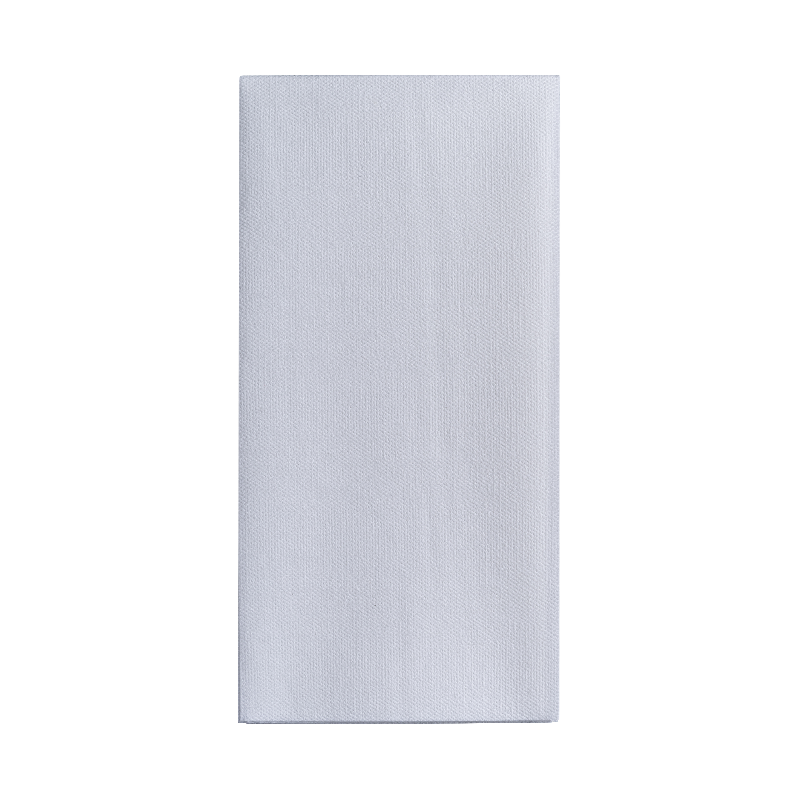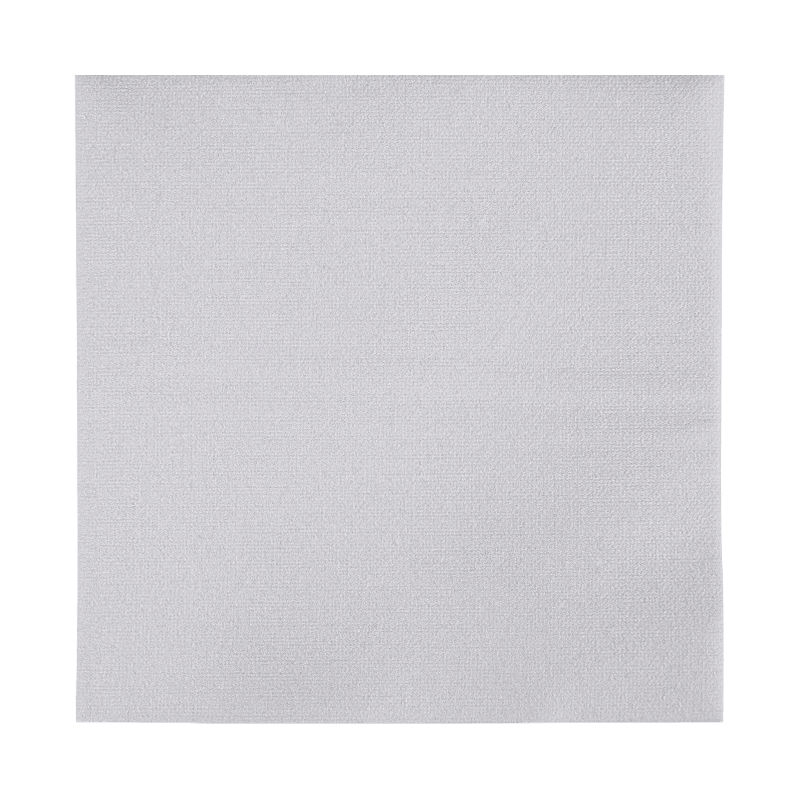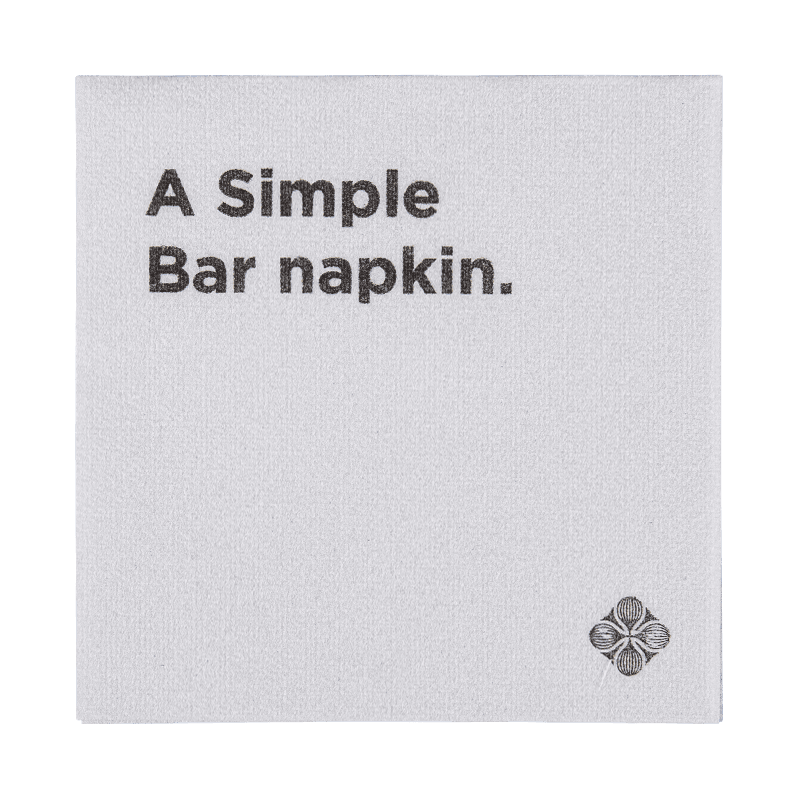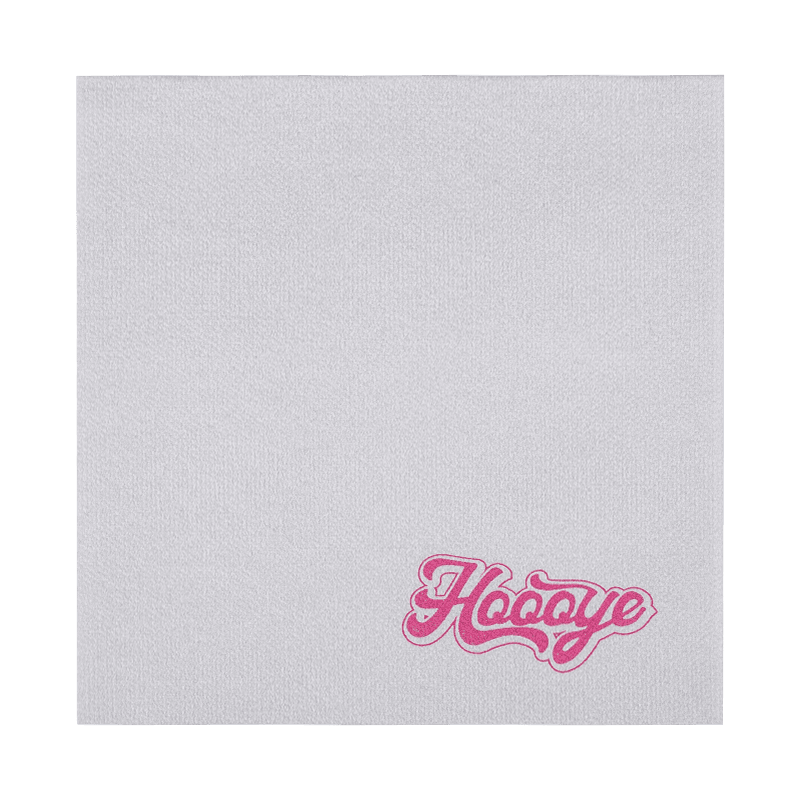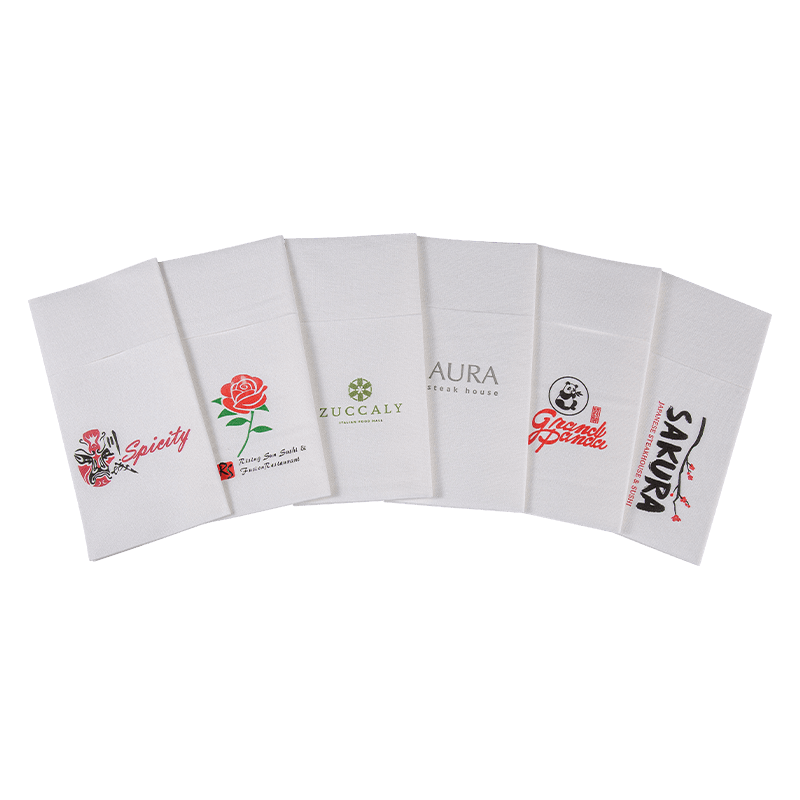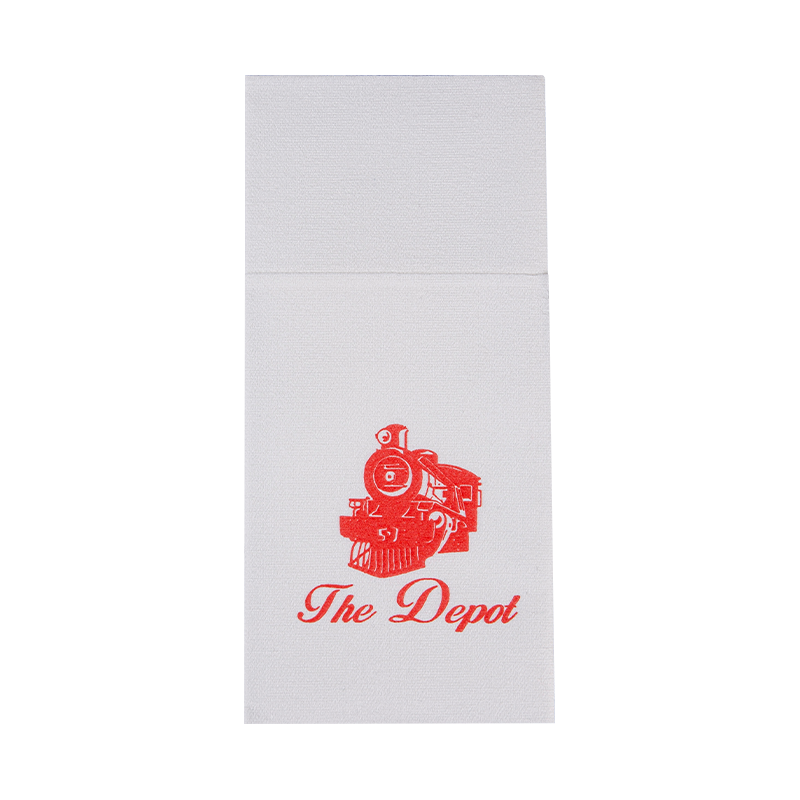How Material Innovation Shapes the Hospitality Napkins Industry?
The hospitality industry continually seeks solutions that combine functionality, aesthetics, and sustainability. One product that plays a crucial yet often overlooked role is hospitality napkins. Their material composition, durability, and environmental impact significantly influence operational efficiency and guest satisfaction. With rising demand for eco-conscious products, the focus has shifted toward high-quality materials that meet both performance and environmental standards. Wholesale hospitality napkins are increasingly chosen not only for cost efficiency but also for their adaptability to diverse hospitality environments.
Material Choices for Hospitality Napkins
The choice of material directly affects the napkin’s texture, absorbency, and overall usability. Hospitality napkins are primarily available in cloth and paper formats, each catering to different service levels. Cloth napkins are associated with luxury settings, offering durability and a premium feel, whereas paper napkins prioritize convenience and cost-effectiveness.
| Material Type | Key Features | Suitable Applications | Average Lifespan |
|---|---|---|---|
| Cotton | Soft, highly absorbent, durable | Hotels, fine dining, banquet events | 100+ washes |
| Polyester blend | Resistant to stains, retains shape | Restaurants, catering | 50+ washes |
| Biodegradable paper | Eco-friendly, disposable | Cafes, casual dining | Single use |
| Recycled paper | Sustainable, cost-effective | Fast-casual restaurants | Single use |
Sustainability Trends in Hospitality Napkins
Environmental consciousness has become a key criterion in purchasing decisions. Biodegradable and recycled paper napkins are gaining traction as they reduce the ecological footprint of hospitality operations. Similarly, cloth napkins made from organic cotton are favored for their renewability and reduced chemical usage. By investing in sustainable napkin solutions, hotels and restaurants can demonstrate commitment to environmental stewardship while enhancing guest experience.
The adoption of eco-friendly hospitality napkins is further supported by regulatory trends and consumer expectations. Guests increasingly associate sustainable practices with higher service quality, making material choice not only a functional decision but also a strategic branding opportunity.
Wholesale Procurement Benefits
Purchasing hospitality napkins in bulk offers significant operational advantages. Wholesale hospitality napkins reduce per-unit cost and ensure a consistent supply across multiple outlets. Bulk orders also facilitate standardized quality control, which is particularly important for large-scale events and hotels with high turnover.
| Procurement Option | Advantages | Considerations |
|---|---|---|
| Wholesale orders | Lower cost per unit, consistent quality | Requires storage space, upfront investment |
| Retail purchases | Flexible, smaller quantities | Higher cost per unit, inconsistent availability |
| Subscription services | Scheduled delivery, reduced stock management | Limited customization, subscription fees |
By leveraging wholesale options, hospitality businesses can streamline their inventory processes, reduce procurement complexity, and maintain uniformity in guest service standards.
Design and Functionality Considerations
Beyond material, the design of hospitality napkins influences both aesthetic appeal and operational efficiency. Size, fold type, and absorbency are critical parameters for different service environments. For instance, a banquet setting may require larger, elegantly folded napkins, while a casual cafe may prioritize compact, disposable options.
Custom-printed napkins are also becoming popular, allowing restaurants and hotels to incorporate branding elements subtly. Such designs enhance visual appeal while reinforcing the establishment’s identity, especially during events and high-profile gatherings.
| Feature | Recommended Options | Benefits |
|---|---|---|
| Size | Standard (16x16 in), Large (20x20 in) | Versatility, accommodates different service types |
| Fold | Square, Tri-fold, Fan | Presentation quality, easy handling |
| Logo, Pattern | Branding, aesthetic enhancement | |
| Texture | Soft, textured | Enhanced guest comfort, improved absorbency |
Future Outlook
The hospitality napkins market is projected to grow steadily, driven by the increasing demand for sustainable and premium service solutions. Innovations in materials, such as biodegradable composites and stain-resistant fabrics, are expected to expand options for bulk procurement while meeting environmental and operational standards. Wholesale hospitality napkins will continue to serve as a strategic choice for establishments aiming to balance cost efficiency with quality and sustainability.
Adopting advanced materials and innovative designs allows hospitality providers to meet evolving consumer expectations while optimizing operational workflows. As the market evolves, establishments that integrate these solutions effectively are likely to gain competitive advantages, offering guests both functionality and elevated service experiences.
Hospitality napkins, once a simple accessory, now serve as a reflection of operational quality, sustainability commitment, and aesthetic standards. Selecting the right material, design, and procurement strategy is essential for optimizing both cost and guest satisfaction. Wholesale hospitality napkins offer a practical solution for large-scale operations, ensuring consistent quality and efficiency.


 English
English  Español
Español 


